Industrial R&D
LNRG Technology engages in setup and execution of industrial R&D in selected applicative projects, some of which are listed below. The projects are dealing with innovative ideas in the areas of power generation, smart energy and advanced transportation schemes.
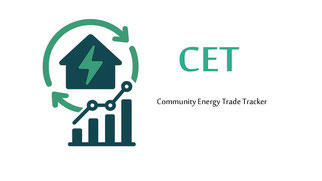
COMMUNITY ENERGY TRADE TRACKER project aims to allow users in shared energy setups (like microgrids) to track their energy production and consumption, and monitor energy trades within the community.
Features: Real-time updates of energy usage and generation. Ledger-style logs of energy trades. Basic leaderboards or achievements for top contributors.
Goal: Testing the limits of AI-based coding for complex projects.
Project on GitHub: github.com/leonkraversky/community-energy-trading
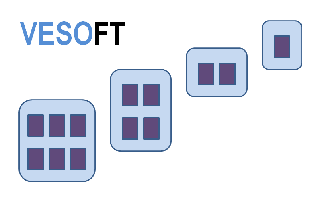
VESOFT technology (Vehicle Seat Optimization for Future Transportation schemes) is a research study, initiated by LNRG Technology in 2017, in order to examine the optimal number of vehicle seats and associated vehicle sizes for future urban mobility schemes. The study aims to address the challenge of uncertainty in terms of transportation means and sizes in future mobility, affected by the smart mobility and infrastructural revolution and specifically autonomous drive and shared vehicle technologies coupled with electric mobility. The optimization in transporation means in terms of energy consumption, time travel and seat occupancy is a crucial factor for future city planning, vehicle manufacturers, fleet managers and energy providers.
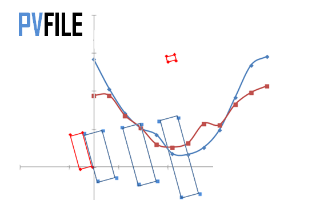
PVFILE technology (Photovoltaic system Failure Identification utilizing Location-based Evaluation) had been developed by LNRG Technology from 2017 to 2019, when it was implemented by Soltell Systems. The technology allows to create an ultimate tool for PV system owners, which maximizes their operational income and optimizes expenses. The income maximization issue is addressed by identification of internal and external PV system failures and risk factors, using advanced data analytics and machine learning capabilities. Expense reduction issue is addressed via utilization of smart alerts, allowing PV system owners quick response in choosing the most cost-effective solution. PVFILE technology is mostly designated for PV systems with mini-central inverters, where existing control methods are inefficient and technical examination is not frequently affordable, whereas system faults are accumulating over the years. The technology ran through a pilot phase and was successfully applied on commercial PV systems in central Israel in order to assess internal and external system faults, with essential performance improvement.
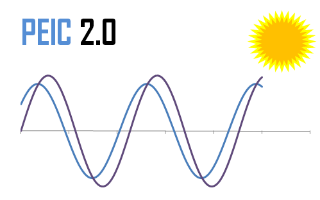
PEIC 2.0 (Performance Evaluation of solar facilities in Israeli Climate conditions) study - evaluating the correlation between solar irradiance in various climatic regions in Israel and output of solar photovoltaic facilities in the field allows to test the systemic, environmental and climatic factors, which may affect PV system performance. PEIC 2.0 study focused on analyzing the link between irradiance to output with a monthly resolution during the period of March 2010 to August 2014 and encompassed also a quantitative analysis of solar energy production in Israel by photovoltaic technology. As a consequence of the study, it is possible to analyze the importance of selecting system elements and technology and engineering planning of PV systems in the perspective of long-range electricity output performance. Thus, it is possible to locate crucial factors for optimal planning of photovoltaic solar systems. The third aim of the project was to create an advanced model for predicting solar PV system output in various climatic regions in Israel for middle and long-range, while incorporating climatic risk factors. The research study was performed by LNRG Technology between September 2014 to January 2015, with results published during 2015.
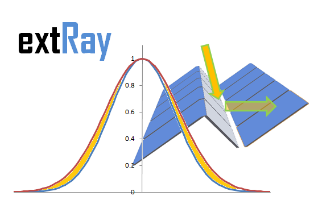
ExtRay project is a theoretical research aimed to investigate the feasibility of increasing the efficiency of solar photovoltaic facilities by adding reflective hardware elements. As part of the preliminary study, it was proven that efficiency of solar photovoltaic facilities during off-peak electricity production hours, thus effectively allowing efficiency increase in existing systems, without adding additional power inverter capacity. During the research a unique constellation of reflective elements was examined and it was concluded that output addition within a system could reach up to 4% during a calendar year. ExtRay project was performed by LNRG Technology during 2010. Since it was estimated that further development of the technology requires achievement of output addition of about 10% annual per system, it was decided not to continue to pilot field experiment phase with the proposed constellation. However, several options to enhance the reflective elements' architecture were raised, possibly allowing a higher rate of output addition and thus increasing the commercial feasibility of the technology.
Ask for a proposal






